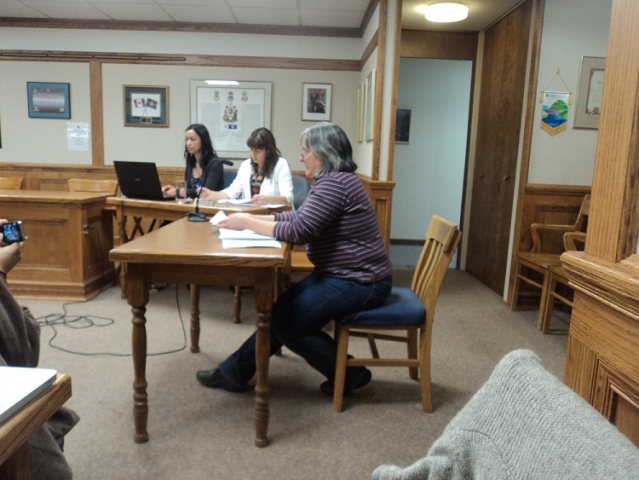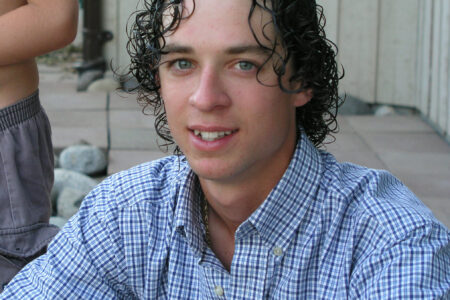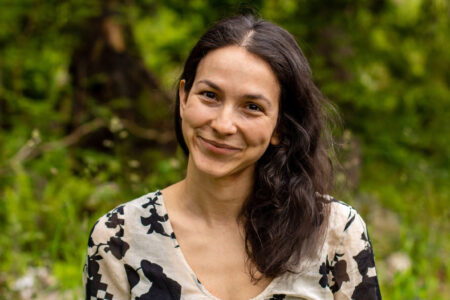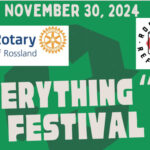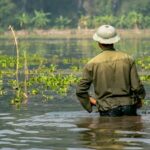‘Bear Aware’ changes name and mandate, continues to provide results
The Bear Aware program, which has been active in Rossland for over 10 years, has been expanded to include all species of urban wildlife. A presentation to Council by Sharon Wieder, Community Coordinator for the program now called WildSafeBC, discussed the strengths and the changes to the program, as well as the need for continued funding.
So far this year bear activity has been considerably less than it has in past years. The number of bears destroys this year to date stands at zero. Wieder attributes the lack of bear sightings and reports in town to a combination of an abundant natural berry crop and greater public knowledge concerning bear attractants. She added that, while there has been less bear activity so far this year, there have been more reports of cougar and coyote sightings.
“I think there has been more public awareness on how to reduce conflicts, particularly to do with garbage, which has been, and still remains the number one conflict in bringing bears and other animals into the area,” said Wieder. “It isn’t just about the bears. If they’re here, other animals like small rodents will also be around, which coyotes and bears eat. There is a big cycle that we’re trying to get people to understand.”
This is one of the reasons the BC Conservation foundation expanded the program to include other animals in the cycle. The Bear Aware program, over its tenure, saw the number of bears destroyed each year cut in half, from 1000 to 500. Now, the WildSafeBC program hopes to use the themes of ‘education’, ‘innovation’, and ‘cooperation’, to build on the successes of the past and continue to bring the numbers of animals destroyed due to human conflicts down further.
WildSafeBC has also launched a new website. It has a feature called the Wildlife Awareness Reporting Program (WARP), which has a google-style interactive map that shows animal sightings in the area.
“Postings mainly come from the Report All Poachers and Polluters (RAPP) line, which is the 24 hour emergency line that we encourage people to use if they have sightings or conflicts with animals,” said Wieber. “It’s about creating a history that the conservation officers can look at.”
She added that the line should also be used if people have a problem with neighbours leaving garbage out regularly, creating attractants.
The group has enjoyed several three year agreements of support with the City of Rossland and the City of Trail. Both Rossland and Trail provide $2500 per year, and the Columbia Basin Trust (CBT) provides $5000. The B.C. Conservation Foundation also coordinates with the provincial Ministry of Environment for further funding, but that isn’t always guaranteed.
“Funding goes toward a paid community coordinator, special projects like bringing in residential trash cans that people can see, funds also go towards display items and other things for educational presentations,” said Wieber.
Councillor Kathy Moore asked when the application for continued funding had to be submitted, which is the end of March, as the City is preparing to start budget talks.


